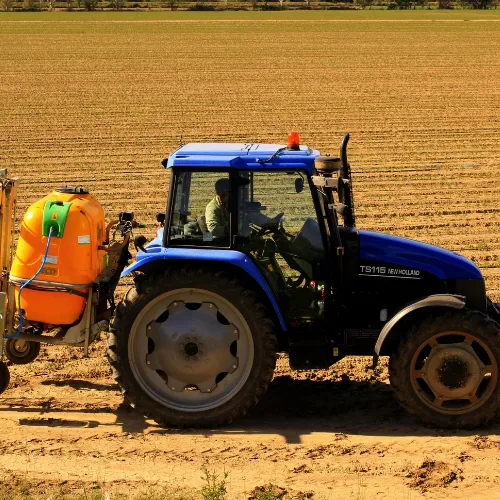
Volatile Organic Compounds (VOC) in Water Testing
Protect your water supply from hazardous organic chemicals with certified VOC testing and expert analysis.

Protect your water supply from hazardous organic chemicals with certified VOC testing and expert analysis.
Volatile Organic Compounds (VOCs) are a group of man-made and naturally occurring chemicals that can contaminate drinking water sources through industrial activity, agricultural runoff, or improper waste disposal. Common VOCs include benzene, toluene, xylene, trichloroethylene, and vinyl chloride, many of which are known or suspected carcinogens.
VOC contamination is a growing concern in Ontario, particularly in areas near industrial operations, fuel storage, or historical landfills. Once in the groundwater or distribution system, VOCs are difficult to detect without proper testing—posing serious long-term health risks if consumed.
Canadian Water Compliance provides accredited VOC water testing to help identify and quantify these harmful compounds. Whether you're a private well owner, a building operator, or an industrial facility manager, our testing services ensure your water is safe and compliant with the Ontario Drinking Water Quality Standards (ODWQS) and Health Canada’s Guidelines for Canadian Drinking Water Quality.
VOC testing should be conducted annually in vulnerable areas, and immediately following any chemical spill, fuel leak, or change in groundwater conditions.

VOCs are colourless, odourless, and often tasteless, making them nearly impossible to detect without laboratory testing. These compounds are commonly released into the environment through leaking underground storage tanks, pesticide use, and industrial discharge, eventually seeping into groundwater or wells. Long-term exposure has been linked to liver, kidney, and nervous system damage, as well as cancer.
Regular testing helps you identify these risks early and act before health and legal consequences arise.
Our VOC testing process includes on-site sampling by certified technicians and full-spectrum analysis at an accredited Canadian laboratory. We test for a wide range of volatile organic compounds regulated by the Ontario Drinking Water Quality Standards, delivering detailed lab results that include compound type, concentration, and health benchmark exceedances.
Our reports come with interpretation guidance and actionable recommendations, including possible treatment options.


VOC testing is recommended at least once per year in high-risk areas, or immediately after suspected contamination events, including nearby fuel spills, industrial runoff, or property development near historic waste sites.
Properties with private wells, aging infrastructure, or located near industrial or agricultural operations are especially vulnerable. Failing to monitor VOC levels can result in serious health impacts, liability exposure, and non-compliance with provincial regulations. Routine testing is a cost-effective way to ensure safety and stay ahead of potential legal or operational challenges.
Serving across Toronto, Mississauga, Brampton, London, Kitchener, Niagara, St. Catharines, Guelph, Waterloo, Collingwood, Barrie, Wasaga Beach, Midland, Huntsville, Gravenhurst, Minden, Oshawa, Peterborough, Kingston, Ottawa, Scarborough, Markham, Richmond Hill, Vaughan, Burlington, Etobicoke, Pickering, Ajax, Whitby, Caledon, Milton, Hamilton, Oakville and the surrounding areas.